The Agui-Lab at Texas A&M University is a multidisciplinary research hub that merges engineering, biology, and physics to tackle challenges in healthcare, technology, and beyond. Our research spans groundbreaking projects like laser tissue rewarming, surface erosion mitigation, and non-invasive imaging techniques, with a commitment to advancing scientific knowledge and practical applications.
Collaborating with experts and fostering the growth of aspiring scientists, the Agui-Lab remains dedicated to developing impactful solutions and driving innovation in biophotonics and optical technology. Explore our projects and achievements below to learn more about how we are shaping the future of research and development.
Research Overview:
- Laser tissue rewarming – developing methods for uniform laser and nanoparticle rewarming of cryopreserved specimens (cells, tissues, organisms)
- Surface erosion mitigation – studying methods to mitigate surface erosion due to cavitation using multiscale surface modification techniques
- Transparent “Window to the Brain” implants – development of transparent cranial implants for imaging and optical theranostics using transparent biocompatible materials
- Non-invasive perfusion monitoring – development and optimization of laser speckle imaging devices to monitor blood perfusion
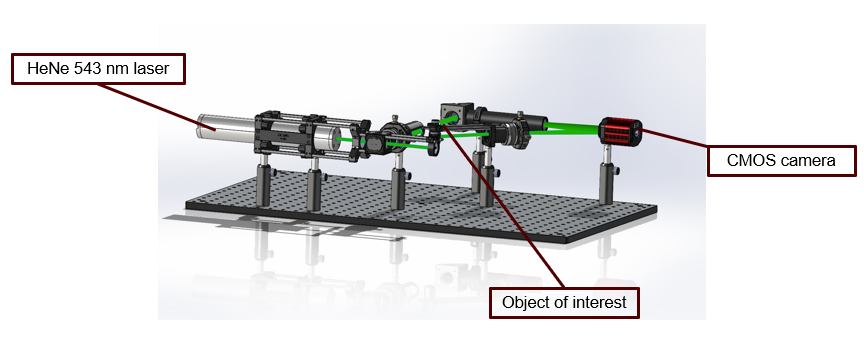
Digital holography to measure temperature and phase changes
This project explores digital holographic interferometry techniques for real-time noninvasive measurement of temperature and phase changes during vitrification and laser rewarming to optimize the heating or cooling rates of different cryopreservation methods. *This project is led by Crysthal Alvarez at Texas A&M University, College Station./p>

Rapid Rewarming of Cryo-preserved Specimens
This project explores methods for rapid, uniform rewarming of cryogenically-frozen cells, tissues, and organisms using lasers and nanoparticles. *This project is led by Crysthal Alvarez and Dr. Carla Jose Berrospe-Rodriguez at Texas A&M University, College Station.
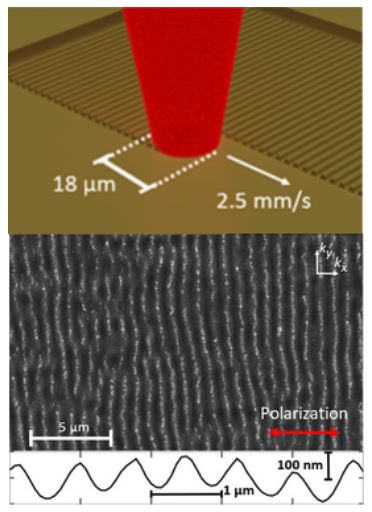
Ultrafast laser processing for surface modifications
This project explores multiscale surface modification techniques such as laser-induced periodic surface structures (LIPSS) to mitigate cavitation surface erosion and enhance Raman scattering signals on plasmonic substrates. *This project is led by Balaji Baskar and Dr. Carla Jose Berrospe-Rodriguez at Texas A&M University, College Station
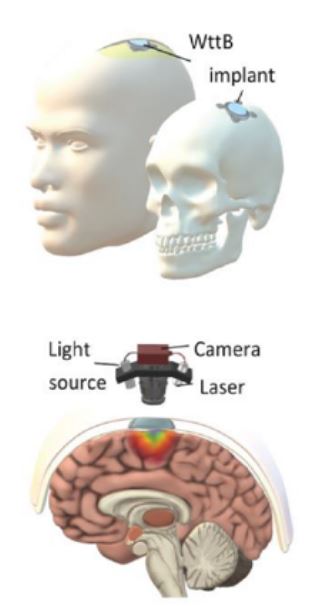
Transparent Cranial Implants for Laser Brain Therapy
This project investigates the optical and thermal properties of transparent ceramic materials such as Aluminum Oxynitride (ALON) and nanocrystalline yttria-stabilized zirconia (nc-YSZ) for use as cranial implant materials for laser therapy applications. *This project is led by Dr. David Halaney and Dr. Carla Jose Berrospe-Rodriguez at Texas A&M University, College Station.
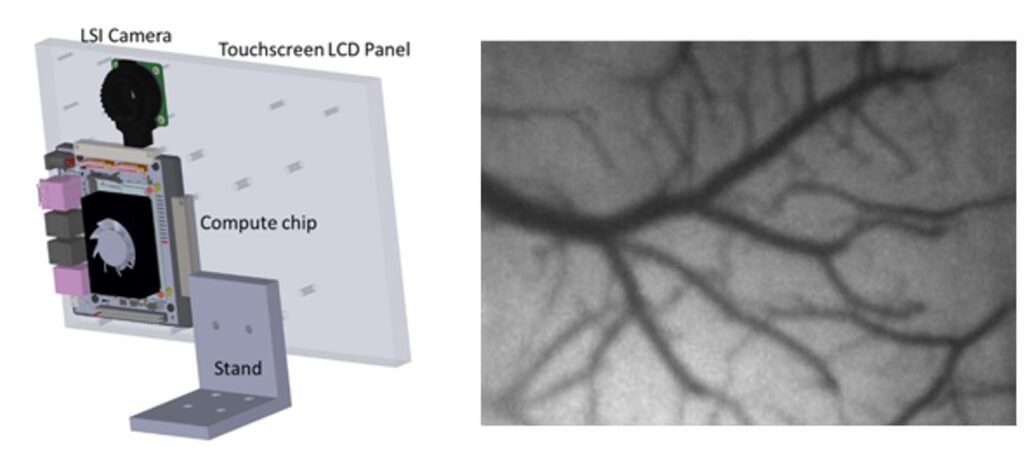
Non-invasive Blood Perfusion Monitoring
This project utilizes laser speckle imaging with various enhancements to develop clinical imaging devices to monitor blood perfusion. *This project is led by Dr. Aditya Pandya and Balaji Baskar at Texas A&M University, College Station.
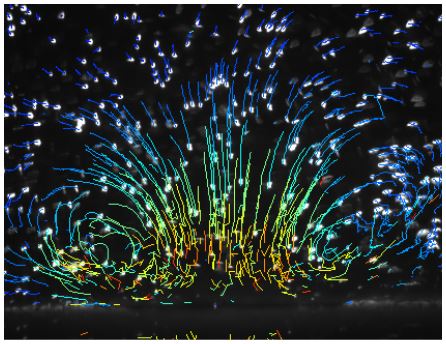
Cavitation Bubble Dynamics Near Gas-entrapping Microstructures
This project explores the use of entrapped air on microtextured surfaces to control the mechanics of nearby cavitation bubbles and the direction of jets caused after bubble collapse. (Dr. Vicente Robles at the University of California, Riverside)
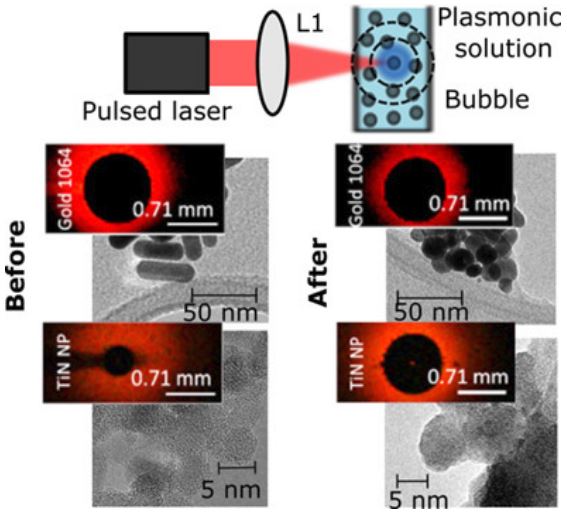
Non-linear Absorption and Thermal Stability of Titanium Nitride (TiN) and Gold Nanoparticles
This project explores the thermal responses and stability of nanoparticles irradiated in the nanosecond near-infrared regime, for use in laser rewarming of cryopreserved specimens. *This project is led by Dr. Ariana Sabzeghabae and Dr. Carla Jose Berrospe-Rodriguez at the University of California, Riverside.
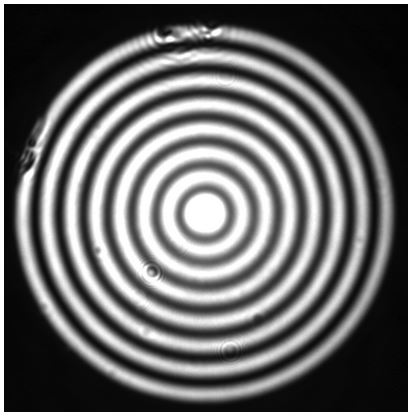
Vernier Effect and Multimodal Interference in Optical Fibers
This project studies the Vernier Effect, a modulation in transmitted wavelength within multi-core optical fibers. In addition, we study multimodal interference in few-mode fibers and multimodal fibers. These phenomena may generate ring-shaped intensity profiles as well as azimuthal complex intensity profiles such as optical vortex. *This project is led by Dr. Natanael Cuando at the University of California, Riverside.
